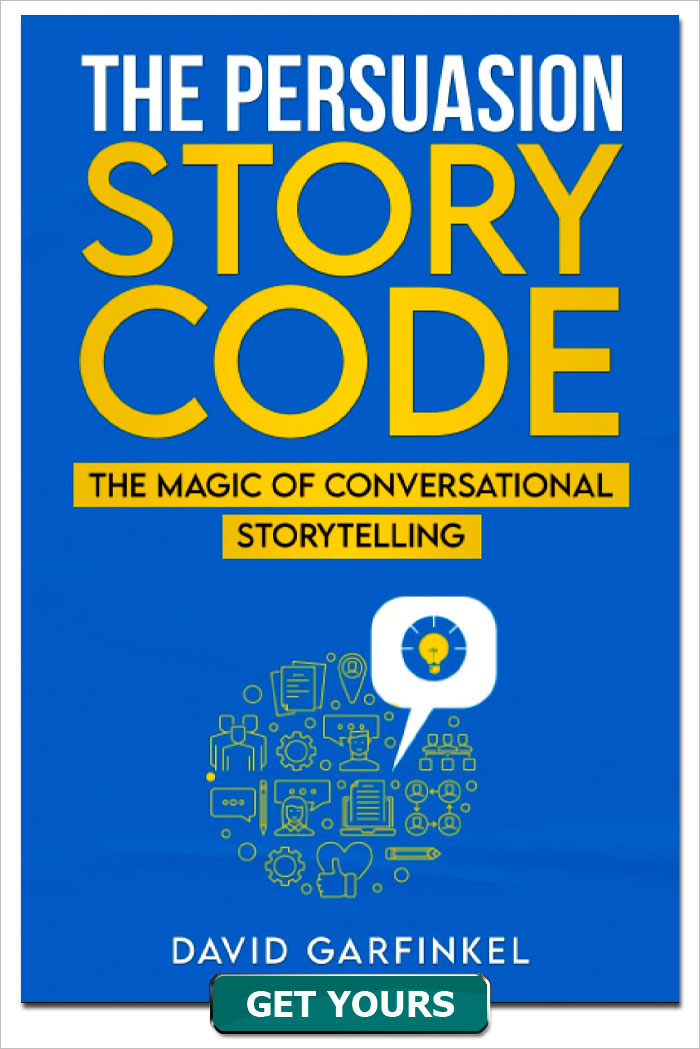Episode 092 - George Orwell and Copywriting
Published by: David Garfinkel on 01-21-2019
Tweet
The famous English writer George Orwell is best known for his book 1984, which is a bestseller and a major cultural signpost in the English-speaking world.
But lesser known is a book he published three years before. 1984 was published in 1949. But Politics and the English Language was published in 1946.
In this book, Orwell lays out six iron-clad rules for writing, which are pretty good for copywriters, too — with some notable exceptions.
We’ll get to those in a few minutes. But first, let me show you what Orwell was worried was happening to the English language.
He gave this comparison in his book:
From the Bible, Ecclesiastes, 9:11
“I returned and saw under the sun, that the race is not to the swift, nor the battle to the strong, neither yet bread to the wise, nor yet riches to men of understanding, nor yet favour to men of skill; but time and chance happeneth to them all.’
Translated into the worst of modern English:
“Objective considerations of contemporary phenomena compel the conclusion that success or failure in competitive activities exhibits no tendency to be commensurate with innate capacity, but that a considerable element of the unpredictable must invariably be taken into account.”
No wonder he was worried.
The six rules (we discuss each one, in depth, on the show)
Rule 1: Never use a metaphor, simile or other figures of speech which you are used to seeing in print.
Rule 2: Never use a long word where a short word will do.
Rule 3: If it is possible to cut a word out, always cut it out.
Rule 4: Never use the passive where you can use the active.
Rule 5: Never use a foreign phrase, a scientific word, or a jargon word if you can think of an everyday English equivalent.
Rule 6: Break any of these rules sooner than say something barbarous.
Keywords: copywriting tips editing









